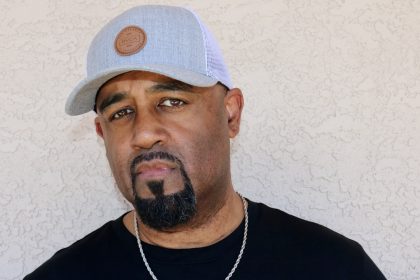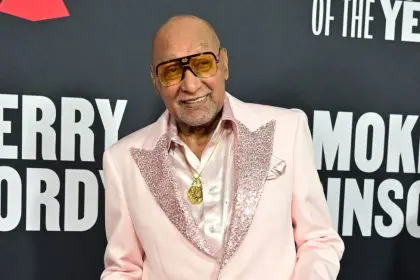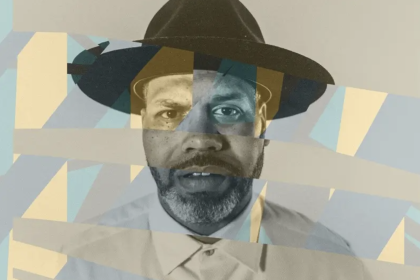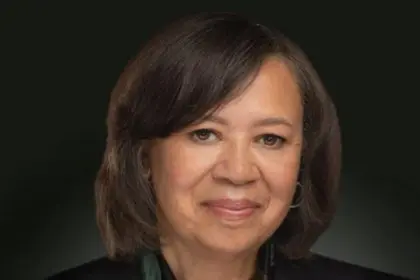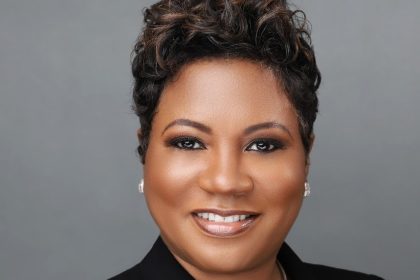
Detroit native Philip Lewis, senior front page editor at HuffPost, sat down for an exclusive interview with rolling out. During our talk, Lewis revealed his feelings on some of the hot-button topics within the world of journalism.
On what makes someone a “good” writer:
“What makes a good writer? I guess it depends on what we’re talking about. If we’re talking about reporting, or just writing in general, it’s somebody that’s just inquisitive, always seeking answers. Someone that reads. I think you can’t really be a good writer unless you’re reading more. You want to read more and you want to get to the gist of how other people are writing, so you can help build your own writing.”
On what he would like to see more of in journalism:
“I would actually like to see more people who come from different backgrounds, and I don’t necessarily mean race. Because it’s actually less about race, and more about socioeconomic background … there are a lot of the Black folk I know who are in journalism, and they went to Columbia or Columbia’s Journalism School, or other really prestigious journalism schools. That’s more of a class thing.
“But writers that have unique backgrounds, that come from Detroit, or do not have journalism experience, or did something totally different before writing, they have more breadth of experiences, real-world perspectives, and speak on a lot of different things. So, I want to see more of that. Because what people don’t remember and what people don’t understand, is that journalism is a trade. It is something that can be taught.”
On what he thinks about the content:
“Content, it’s important, but I’m not a major fan of [the word]. Good journalism can be content, but that’s not what we should be aspiring toward. We should be aspiring toward pushing good stories out. And I guess that’s content, but I don’t always like the way we phrase it. We’re always thinking about, ‘OK, well, we need to get this content out.’… That’s not good journalism. We should be pushing content out there that actually pushes people forward, that people can learn something from.”
On cancel culture and the media’s role in it:
“I don’t know if there’s really a ‘cancel culture.’ Most of the people that I’ve seen who are complaining about cancel culture usually end up with six-figure podcast deals, you know? Book tours, things like that. So, I don’t think it’s a real thing. Now, ‘consequence culture,’ when people are actually held to consequences for the things that they say, that happens — that’s very different. … Even if we’re calling it a thing, it’s more of a social media phenomenon. Usually, the media will pick up on something. They might write a trending story about it, ‘this person said this thing,’ and then, that’s that. But I don’t know if that’s a ‘culture.’ I think maybe somebody can be canceled – maybe, but is it culture? I think, people are misconstruing it.”

